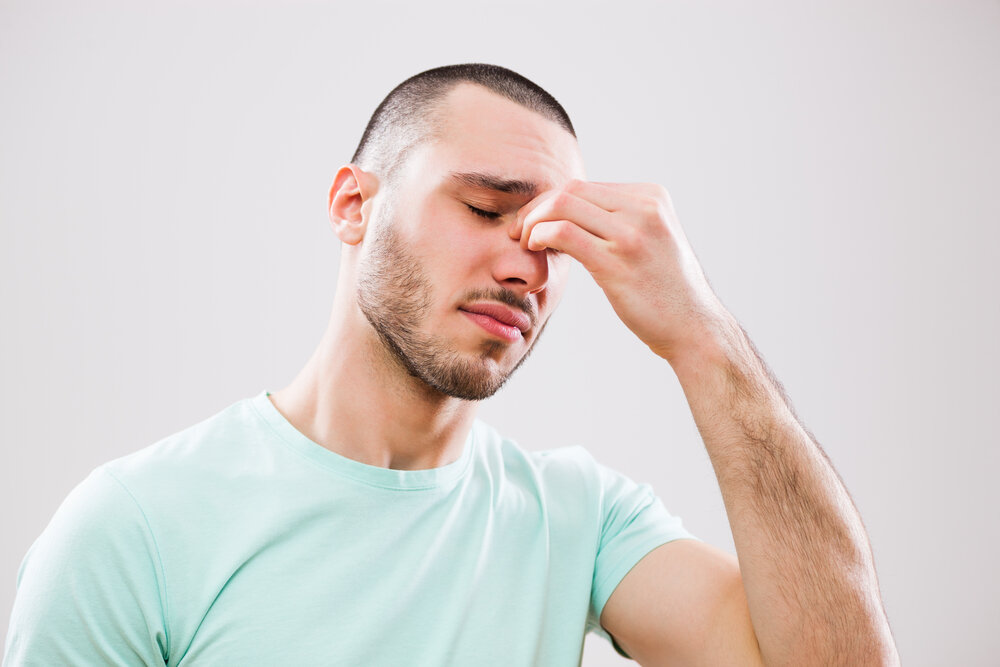Sinusitis Can Revert Due to Smoking
The nose is a flexible organ. It disinfects the air we breathe to keep us safe. When you smoke, you are hurting your lungs, but you are also stopping your nasal passages from doing their job of keeping you safe. To realize how smoking harms your sinuses, you must first understand that mucus is continuously produced by the sinuses and nose membranes, which serves as a protective blanket. You can ask a sinus specialist that smoking affects sinusitis.
Microscopic hair cells line the sinus and nasal passages in mucus membranes (called cilia). Mucus formed in the nose and sinuses is continuously pushed by Cilia from back to front, then down the throat back and the stomach. Each day, the sinuses and nose contain one to two quarts of mucus. When the cilia transports the mucus to the stomach, the irritants are killed and destroyed by stomach acid. Our stomachs can take a lot more bad stuff than our lungs can. Consider these tiny hair cells to be canoe paddles that propel the mucus forward. Mucus collects items that make us fall sick and that we breathe in through our nose. Allergens, soil, bugs, and bacteria are examples. The nose is a complex body part that is always working to keep us safe.
When you smoke, though, all of this is interrupted. When cigarette smoke reaches the airways and nose, it burns the small hair cells. They turn paralyzed, making it impossible for the nasal cleansing system to function properly. This causes the mucus in the nose to become clogged with these irritating irritants, causing inflammation, weakening the immune system, and infection. Smoking damages the cilia, causing mucus to back up in sinuses and germs to spread and multiply, resulting in sinus infections.
Sinus infections can be caused by a number of causes, including the ones mentioned below:
• Polyps in the nose – noncancerous tissue growths
• A skewed wall dividing the two nostrils is known as a deviated nasal septum.
• Allergic reactions
• Respiratory infections such as colds
Furthermore, a variety of factors, including smoking, may increase the likelihood of having a sinus infection.
What is the effect of smoking on your nose and sinuses?
Secondhand smoke, as well as overt smoking, has been related to sinusitis in studies. Smoking increases the chances of getting a sinus infection and reduces the body's ability to combat it, and the effects can last for months or even years after you stop.
Cilia are tiny hair-like structures that cover the nose and sinuses. They pass in a rhythmic pattern that transports mucus to the back of your mouth, where it is swallowed safely.
When you smoke, the cilia become paralyzed, preventing mucus from draining freely. Since your nose and sinuses contain a quart or two of mucus every day, it can easily accumulate and act as a breeding ground for germs that can cause a sinus infection.
Cilia may be destroyed as a result of this, as well as the body's effort to combat the infection. The cilia will regrow and resume their normal function if the microbes are removed and the infection is brought under control.
A sinus infection is more than just a mild nuisance. Chronic sinusitis causes symptoms to last for 12 weeks or longer, despite treatment, and may cause residual symptoms such as fatigue.
In addition to harming your nose and sinuses, smoking is bad for your general health. Create an appointment with the sinus specialists at OKOA today if you're suffering from sinusitis symptoms. We will figure out what's causing your sinusitis so we can treat it efficiently and get you breathing easier.
**Disclaimer: The information on this page is not intended to be a doctor's advice, nor does it create any form of patient-doctor relationship.

